DU30: President Duterte's first 30 days in office
President Rodrigo Duterte had a lot on his plate only a month into his job as the country's 16th chief executive.
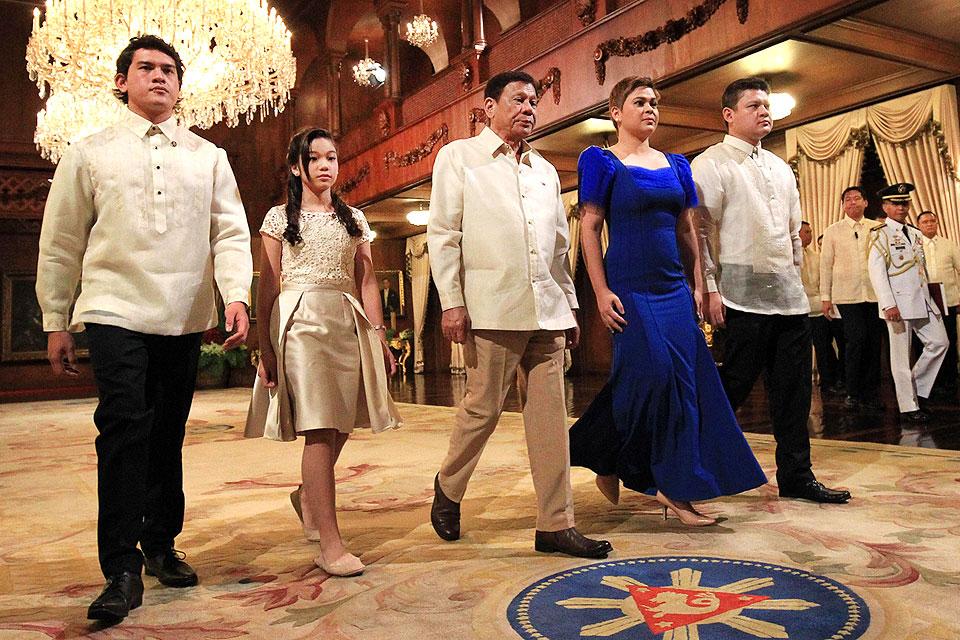
Serious about getting things done, Duterte wasted no time after assuming power on June 30 in putting restoration of peace and order on top of the national agenda.
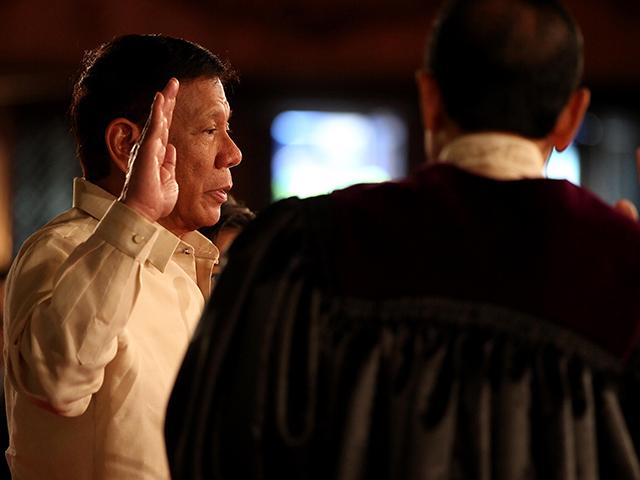
He encouraged security forces to do their job well amid criticisms from some human rights groups about the alleged increase in extrajudicial killings of suspected drug personalities by unknown perpetrators.
At least 316 drug users and pushers have died and thousands have surrendered from July 1 to 27 alone, according to data from the Philippine National Police.
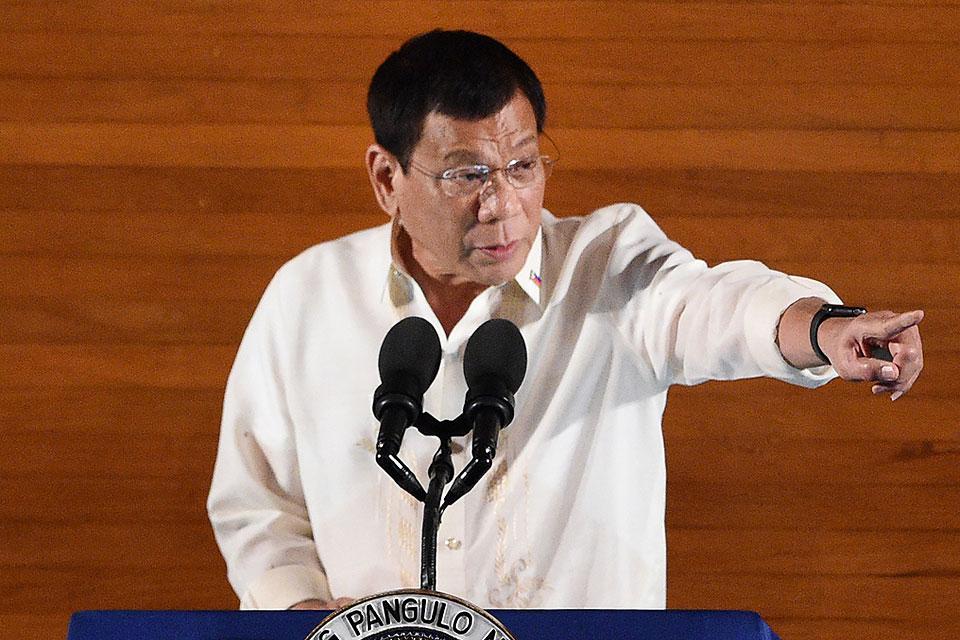
"We will not stop until the last drug lord, the last financier and the last pusher have surrendered or put behind bars or below the ground if they so wish," he said in his first State of the Nation Address (SONA) on July 25.
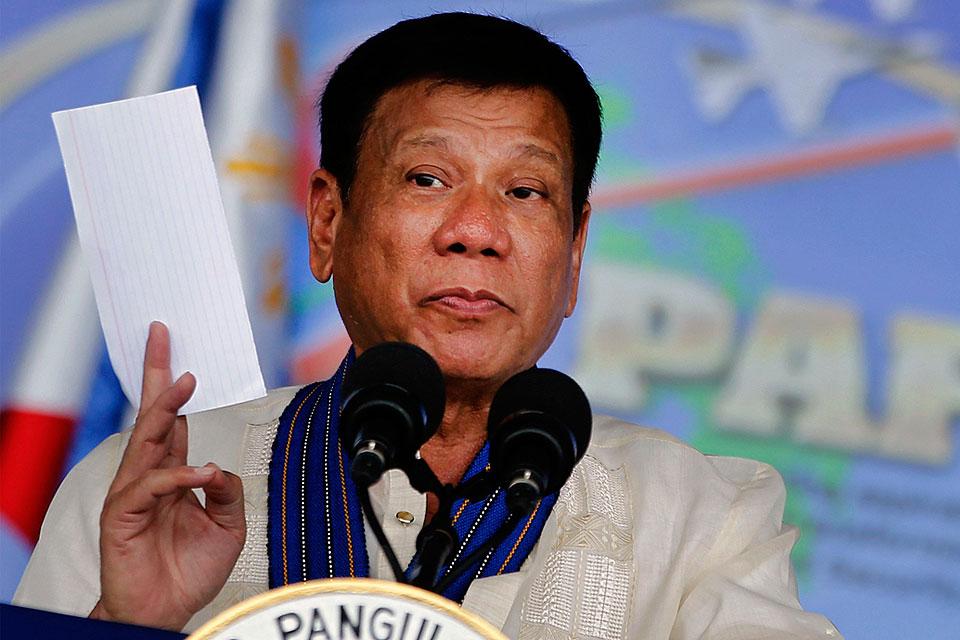
Alleged "narco generals"
Duterte also shocked the nation on July 5 when he dropped the names of suspected protectors of the illegal drug trade.
Among them were retired generals Marcelo Garbo, who was once considered a contender for the post of Philippine National Police chief, and Vicente Loot, who is now on his first term as mayor of Daanbantayan town in Cebu.
The active officials that Duterte implicated were Chief Superintendents Joel Pagdilao, Bernardo Diaz, and Edgardo Tinio.
All of them denied any wrongdoing.
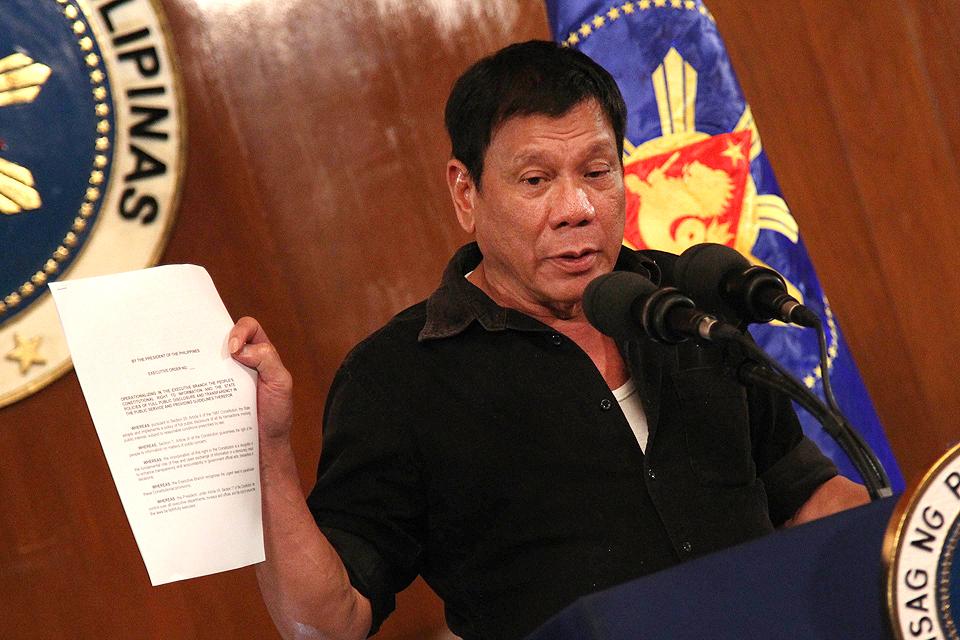
Executive Order on FOI
Regardless of his love-hate relationship with the media, the President issued on July 24 the executive order on Freedom of Information, a move seen to empower ordinary citizens to join the battle against corruption and inefficiency in government.
The EO mandates transparency in government agencies by making available details of government transactions and documents.
The EO, however, only covers the agencies and departments under the Executive branch, and thus cannot cover requests for information under the legislative and judicial branches of government, and even independent constitutional commissions.
The list of information that has to be withheld from the public also has yet to be identified.
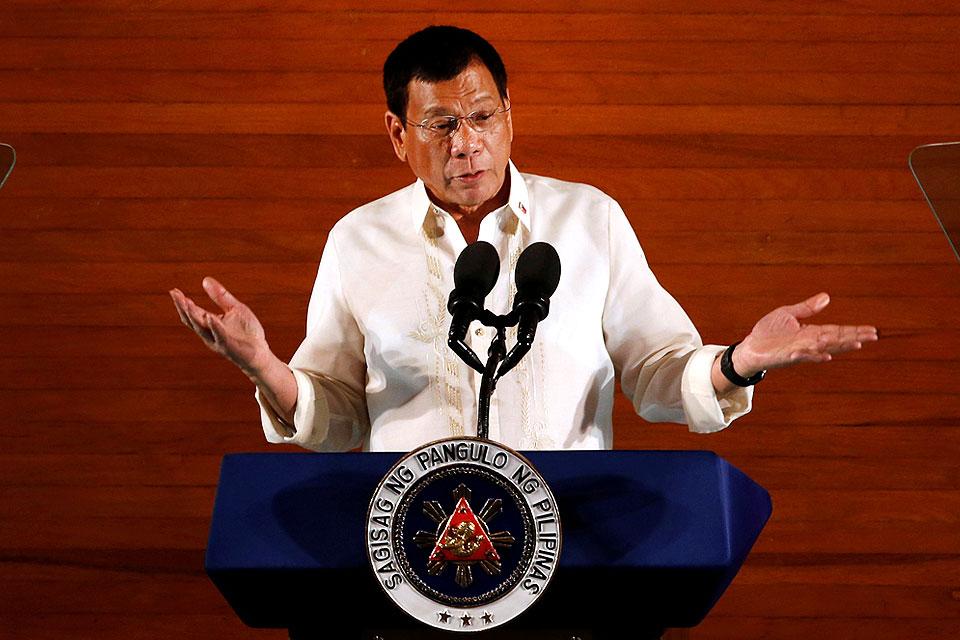
Emergency powers
Duterte also drew cheers from various sectors when he promised to solve the worsening traffic situation in Metro Manila through emergency powers from Congress, lower personal and corporate income taxes, cut bureaucratic red tape, and implement the Reproductive Health law that empowers couples to use artifical or natural planning methods.
Ceasefire
As the nation's leader, Duterte extended his hand of reconciliation to Moro groups and communist insurgents who have engaged in a bloody war with the government for decades.
Duterte approved the peace roadmap for the country, which included the resumption of peace negotiations with the Communist Party of the Philippines/New People’s Army/National Democratic Front and passage of the Bangsamoro Basic Law so long as the constitutional issues are ironed out.
In his SONA, he declared a unilateral ceasefire with the communist rebels, who have yet to reciprocate his gesture of goodwill.
Outside of cessation of fighting announced during holidays, it was the first time that the government declared a unilateral ceasefire since 2011.
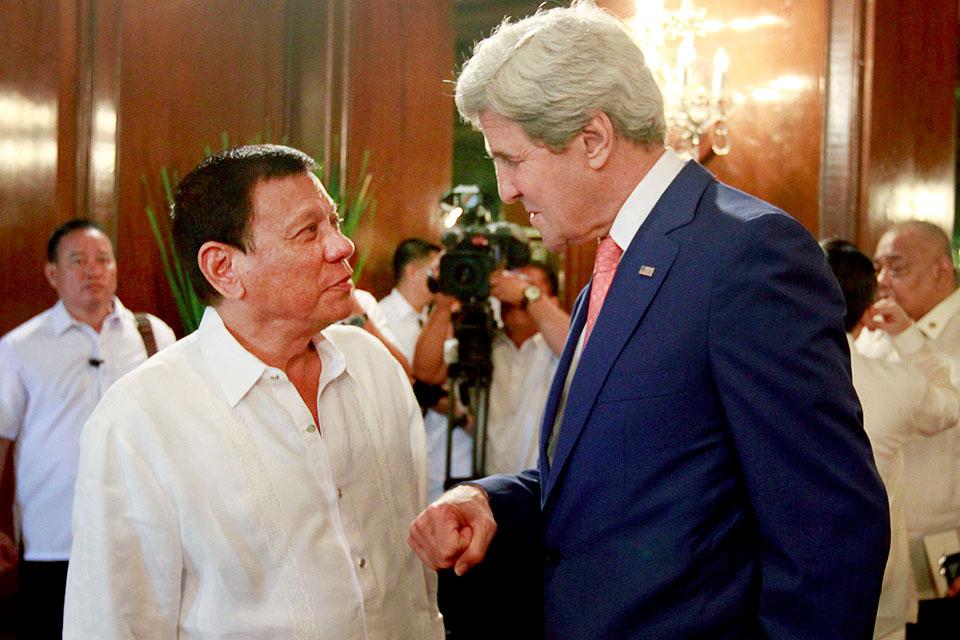
Foreign affairs
On the international front, Duterte expressed reservation about the historic Paris agreement on climate change which imposes limits on carbon emissions of countries. The President said the deal, backed by industrialized nations led by the United States, might stifle the country's economic growth.
Duterte and US Secretary of State John Kerry talked over the matter in Malacañang on July 27 where the President said the Philippines would follow any international agreement as long as everything is fair.
The international community, meanwhile, awaits how Duterte will use the favorable ruling of the Hague-based Permanent Court of Arbitration in the case lodged by the Philippines against China's expansive claims in the South China Sea.
While Duterte had said he will not "taunt or flaunt" the decision, the President acknowledged the efforts of his predecessor, Benigno Aquino III, in securing an "ace card" for the country in addressing the maritime dispute.
He also asked other ranking government officials and statesmen for advice on the issue, highlighted by the historic gathering of the country's five presidents (Fidel Ramos, Joseph Estrada, Gloria Macapagal-Arroyo, Aquino and Duterte) in the Palace for the National Security Council Meeting.
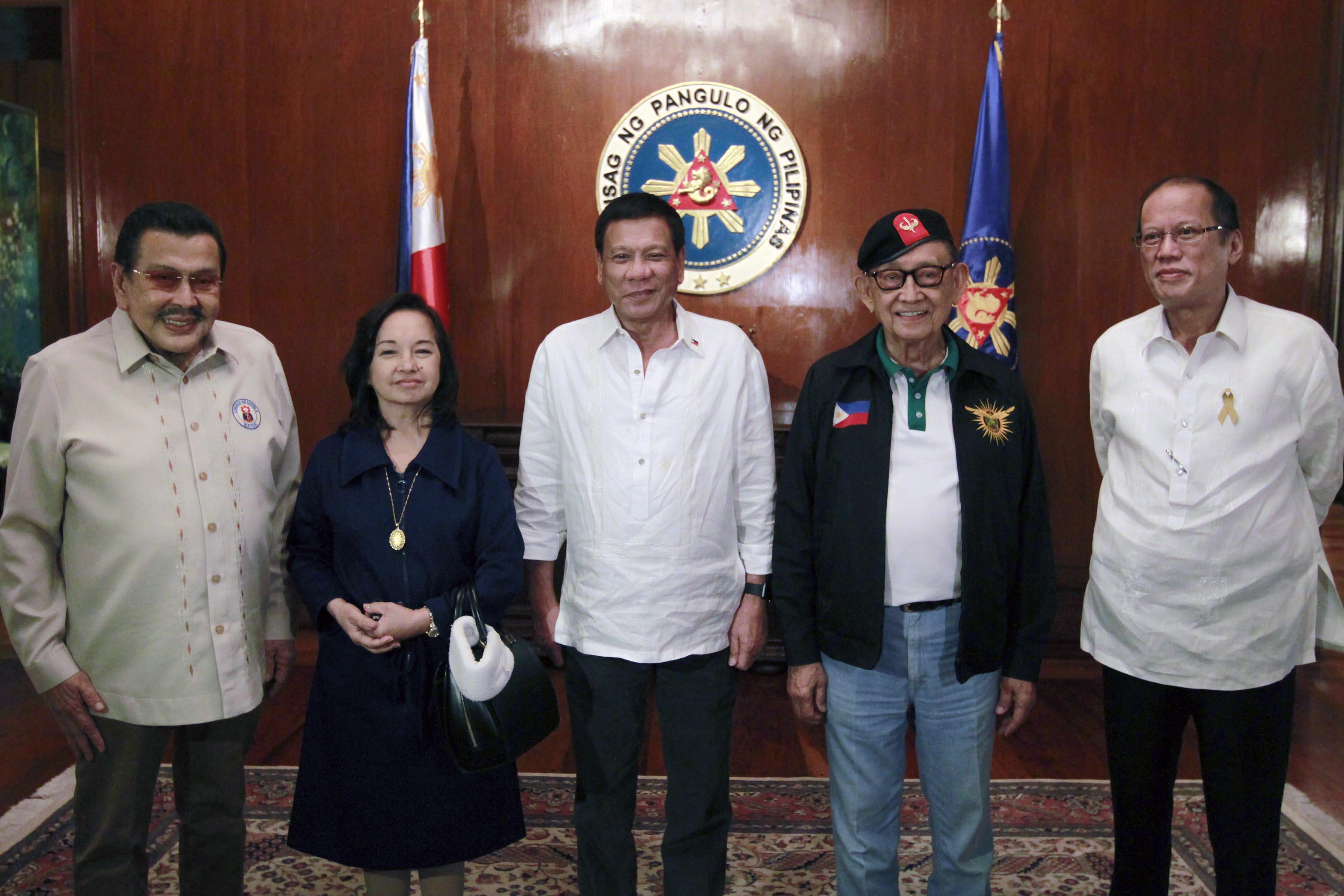
Despite the adulation from over 16 million people who voted him into power, Duterte expressed lack of interest in the trappings of the presidency.
Speaking before military men in Quezon on July 28, the President said that it was lonely at the top.
He agonized over being overworked and having to see people inconvenienced by road closures every time he goes out of Malacañang to attend engagements. “Malungkot ako masyado... Trabaho ako hanggang gabi alas-tres. Tapos magtrabaho, tulog, tapos gisingin ako kasi maglipad ako," he said.
He is also not comfortable with ceremonial titles attached to his post. With this, Duterte recently issued a directive asking officials to refrain from calling him “His Excellency” in official communications, events and materials. — VVP, GMA News





